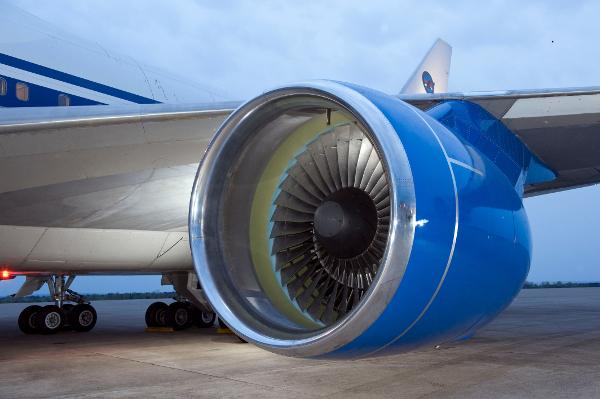
With about a thousand aircraft due to be returned from leases without onward lessees in sight in 2021, the aftermarket for these assets will be much different than in the past. In extreme stress, contract terms and even laws may be less important than market conditions and the simple ability--or inability--of each party to perform its obligations.
Alex Vella, chief operating officer of Magnetic Leasing, says power is shifting to the lessee, even if the lessee is in default. “Due to airlines’ lack of liquidity, many redelivery conditions are being waived,” Vella says. On the other hand, new lessees will be able to demand better delivery conditions, the Magnetic exec predicts.
The gap between reduced redelivery work done by or on behalf of the original lessee and the tighter standard for delivery to the new lessee will have to be closed somehow.
MROs may thus have more lease transition work to do, but several big questions will have to be answered. When and where will this work be done? Will it all be done in the same place, or split between different MROs? And who will pay for it, and will they pay promptly?
That last question may be most troubling. Lessors, like airlines, will be under severe stress for quite a while. “There‘s also a significant shortfall in reserve collections,” Vella notes. This is forcing lessors of mid-life aircraft into decisions whether to make additional investments in aircraft and engines now, later or never.
Also, given the current state of the market, Vella says more lessors are asking the lessee to retain an aircraft on the lessee’s own air operator's certificate, even after its lease has expired. This “avoids additional operational headaches such as continuing airworthiness management and insurance because there isn‘t another lessee to transition to.”
These are just a few of the challenges of lease transition and MRO under current conditions. “One of the biggest challenges is a resource overload with so many assets being redelivered unplanned ahead of schedule and nowhere to place them,” Vella says. “Another challenge I‘d mention is reassessment of the lessee credit risk matrix.”
For MROs trying to work under these difficult conditions it helps to be, like Magnetic, a full-service technical and storage provider.
“We are able to store and maintain aircraft for lessors until they have a new plan for the asset,” Vella says. “We are able to provide parking, maintenance and other services for the aircraft until lessors are ready to lease it.”
And the aircraft that will likely need the most work the longest are the widebodies that fly international routes. So Magnetic’s EngineStands24 subsidiary has recently purchased PW4000-94 engine stands for Boeing 747s and 767s and Trent 700 engine stands for Airbus A330s.
The unit’s head Daiva Zemaite says demand for stands is increasing, largely due to cargo conversions of the Boeing widebodies. The stands can be leased and delivered to any airline or MRO in the world.





